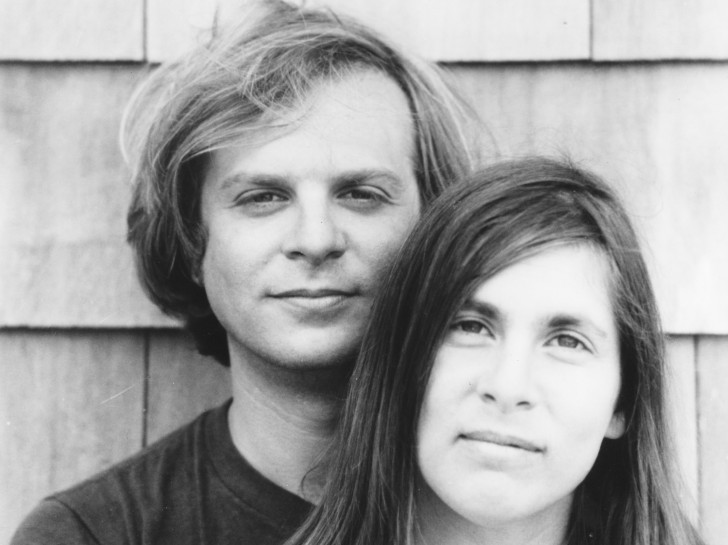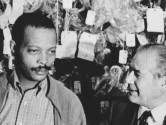
Diaries (1971 - 76)
Screening on Film
$12 Special Event Tickets
USA, 1980, 16mm, color, 200 min.
It was a time of upheaval in people's personal relations. Everything was on the table. Feminism had a slogan: “The personal is political.” Filmmaking technology was rapidly evolving. It became possible for the first time to shoot single-person sync. A crew of one meant that intimate relations could be filmed in a documentary. Films could be shot over a long duration without skyrocketing costs. I decided to do an experiment. I would film for five years, not look at the footage, leave it in the can for five more years and then edit. Editing would mimic what came out of the camera ("the rushes"). David Hume had called the self no more than a bundle of perceptions. How much of individual personhood could be recreated in such a film? I wanted to test the personal is political in this brave new world of relationships. – EP
An Appreciation: Ed Pincus’ Diaries by Ross McElwee
The unassuming title of this documentary belies what is, I think, one of the most remarkable nonfiction films ever made. For five years, Ed Pincus recorded episodes of his life with his wife, Jane, their two young children, and the several women with whom Ed had love affairs. It’s also a portrait of a particular era—the early 1970s, or perhaps, more accurately, the post-1960s—a time in which a willingness to experiment in life, love, and political expression, was still present, but in the culture at large, was on the wane.
The title is as unadorned and direct as the film itself. Appropriate, too, is the title’s inference that the film’s content would normally not be intended for the eyes of outsiders. However, what I experienced when I first saw Diaries was not a sense of voyeurism but of privileged intimacy.
Ed films Jane lying on their bed, looking very unhappy. It’s a weird shot, a kind of horizontal monologue, in which her face fills the screen. She confesses to her husband, “I feel my privacy has been invaded … I feel like I’m sacrificing myself for your film.” This is a painful indictment; it makes us squirm. We feel alienated from the filmmaker, who seems merciless in his determination to keep filming. Ed could easily have deleted this scene, but moments like this are part of the reason the film has such emotional complexity and integrity. In the long run, we become bonded to Ed and his vision, partially because of his willingness to show his dark side.
This is not to say the film is dark. In fact, it’s luminous in its depiction of the intricate weave of everyday life. Meals are prepared, a child is taken to the doctor, a puppy is acquired, Jane’s father comes to visit, Ed attends a wedding, the puppy becomes a dog. The mundane becomes transcendent. This unending stream of activities with friends and family is the evanescent backdrop for Ed and Jane’s willingness to redefine what it means to be married, to create a family, and what it means to expose this chaotic and lovely experiment to a camera.
I first saw rushes from Diaries when I was a graduate film student in the late 1970s. I found it iconoclastic and inspiring. Not yet married myself, I felt the film was a daring attempt to fuse art and real life.
Fifteen years after I first saw Diaries, I saw it again in a Sundance retrospective. This time I, like the Ed in Diaries, was married and had two young children. I had firsthand experience of the snarls, confusions, and pleasures of marriage and family life. I sat there transfixed, watching a different film, one that was much more complicated than the film I had seen when I was single.
Ed has described his work as an attempt to reconcile the trivial with the deep and to probe the fragility and heroism of everyday life. Diaries continues to inspire a number of documentarians, including myself, to strive for those same reconciliations and revelations. But more importantly, with abundant humor and pathos, Diaries reveals to any viewer the fascinating resonances and rhythms of the countless mundane moments that can make up one’s life, that constitute living.

















